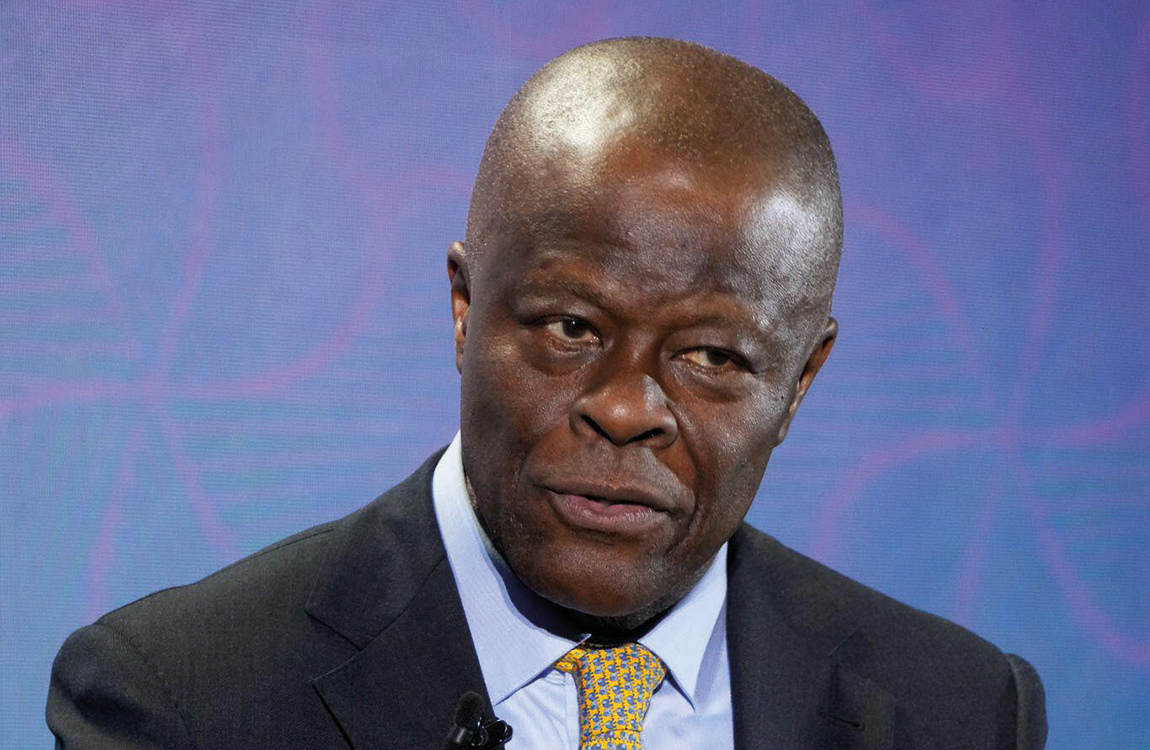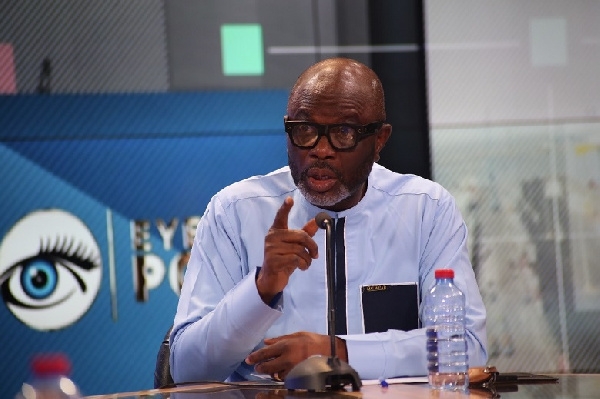'The Richest Woman in the World' Review: Huppert's Billionaire Drama
Isabelle Huppert sure likes to work. Why else would the person most likely to raise a regal hand were you to page “our greatest living actress,” in between the roles that might earn her that title, take on projects like Thierry Klifa‘s perfectly middling “The Richest Woman in the World“? Then again, perhaps it’s a self-fulfilling prophecy: This follies-of-the-megawealthy downfall drama, loosely based on the 2010 Bettencourt Affair involving the heiress to the L’Oreal empire, feels simultaneously beneath Huppert and entirely built around her. What pleasures it yields stem exclusively from watching the actress swan around without breaking a sweat in a role tailored to her specifications as precisely as costume designers Jürgen Doering and Laure Villemer’s expensively chic outfits.
Marianne Farrère (Huppert) is roused from her bed by the police raiding her mansion. Confronting the interlopers a few moments later, looking amazing (perhaps, as the scion to a massive cosmetics empire, she sleeps with her lipstick on) she is powerless to stop them seizing her assets, and arresting her houseguest Pierre-Alain (Laurent Lafitte). Prologue over, we spool back in time to explore how this bastion of high society could suddenly have been brought so low, to a public-image-enhacing interview set up by Marianne’s glum daughter Frédérique (Marina Foïs, under an oddly styled helmet of heavy hair).
There, Marianne first meets photographer and unsuccessful artist Pierre-Alain. A self-obsessed dandy with an inexhaustible line in catty putdowns that often veer into outright vulgarity, Pierre-Alain is an obvious, practically self-declared gold-digger and, as flouncily exaggerated by Lafitte, almost immediately intensely irritating. The one person immune to his graceless grandstanding is Marianne with whom he is first obsequious, then conspiratorial, and she takes to him as a kind of unruly pet. Marianne knows Pierre-Alain is gay (he has a long-term live-in lover). But they fall in unsavory, co-dependent, platonic love anyway. Dilettante Pierre-Alain supplies Marianne with campy distraction from a dull marriage and a lifestyle of such cossetted boredom that only the superrich could possibly afford it. She, in turn, gives the struggling artist money and patronage and access to unimaginable privilege.
Frédérique, whose relationship with her parents has never quite recovered after she married her Jewish husband, quickly becomes alarmed at this untalented Mr Ripley’s influence over Marianne. So does scrupulously discreet butler Jerome (Raphaël Personnaz) on whom it’s implied Marianne’s husband Guy (Andre Marcon) has a gay crush. But when Guy dies, the last constraints on Marianne’s behavior die with him.
The real-life scandal that inspires the screenplay (co-written by Klifa, Cédric Anger and Jacques Fiesch) had a Sarkozy-era political angle as well as its more salaciously intimate aspects. Its fictionalization shifts the time period to the late-80s and reweights the two strands, prioritizing its (anti)heroine’s bizarre personal and familial relationships over a few stray mentions of Mitterand and the embarrassing emergence of her deceased father’s Nazi tendencies. As a result “The Richest Woman in the World” lathers the complexities of the true story into so much soap, an impression enhanced by Hichame Alouié’s glossy but flat camerawork. The visual strategy seems to be based above all on emphasizing Marianne’s glamor, not to mention the flawlessness of a face (Huppert is a lady who knows her angles and her light) that could be made of porcelain. Or — better — ivory, like she was carved from a giant fang.
That the eventual court case Frédérique brings hinges on French “abuse of weakness” law does the film no favors either, in reminding us of Catherine Breillat’s 2013 movie of that name, which also starred Huppert. Here the approach is largely Netflix-anonymous, aside from the formally incongruous insertion of “interviews” with various participants like they’re part of a documentary (ironically there already is one such about the Bettencourt affair actually on Netflix, called “The Billionaire, the Butler and the Boyfriend”). Elsewhere there are a couple of more expressive flourishes, including the cheesy use of a semi-dissolve close-up of the writer over the image of a letter as it’s read aloud, but not enough to give the movie any real flavor.
Instead “The Richest Woman in the World” mostly exists as a testament to Huppert’s prodigious work ethic, which is such an article of fact that her episode of “Call My Agent” was based on her double-booking herself onto two films simultaneously yet insisting on honoring both commitments. It’s tempting to imagine this role as the one she was sneaking off to shoot in between takes of some other, more prestigious, more challenging project, while here she gets the kind of haughty, acerbic, willful character that she could play in her sleep — assuming, given how much she loves to work, she ever gets some.













